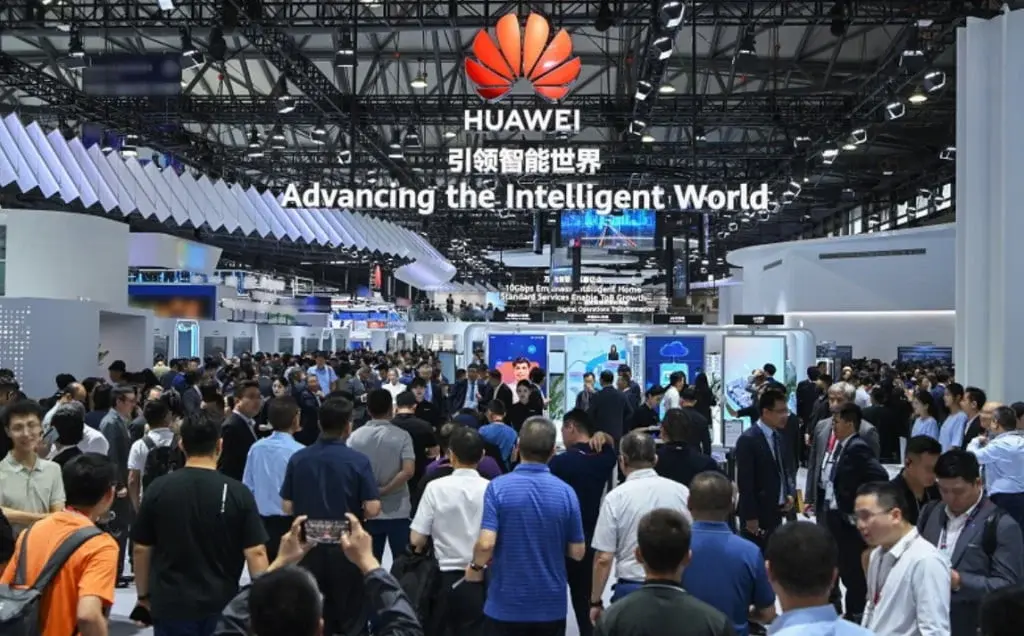At the World AI Conference in Shanghai, Zhang Ping’an, CEO of Huawei Cloud, delivered a compelling message about China's AI progress despite U.S. sanctions on advanced GPUs and chipmaking technology. Even with restricted access to top-tier processors, Zhang stressed that China can still lead in AI without solely depending on high-end chips.
Zhang downplayed concerns that limitations on advanced AI processors, such as Nvidia’s H100/H200 and B100/B200, would heavily obstruct China’s AI development. He emphasized that China's AI leadership should not hinge on these advanced chips. Acknowledging the current limitations in computing power due to the sanctions, Zhang highlighted the significance of being independent of the most cutting-edge technology.
Huawei's Ascend Processors
Zhang pointed to Huawei’s efforts in developing the Ascend 910-series processors for AI applications. He claimed these processors are competitive with Nvidia’s A100, although this assertion has not been independently verified by analysts in Europe and the U.S. The U.S. restrictions on Nvidia processors mean that major Chinese tech companies like Baidu, Huawei, and Tencent must rely on domestic technology, which Zhang sees as an opportunity rather than a setback.
source: huawei.com
However, Zhang acknowledged the performance limitations of domestic processors. He admitted that processors from Huawei and Biren Technology, produced on older manufacturing nodes, cannot match the performance of modern AI and high-performance computing GPUs from AMD and Nvidia. Additionally, SMIC, which manufactures chips for Huawei and Biren, lacks access to cutting-edge equipment, contributing to China’s lag in per-processor computing performance.
Strategic Approach to Overcome Challenges
To address these challenges, Zhang advocated for a comprehensive approach combining cloud, edge, and network technologies to improve efficiency and reduce power consumption for AI workloads. He highlighted Huawei Cloud as a leading provider of AI services, suggesting that leveraging cloud technology could offset the lack of advanced AI processors. However, it remains unclear whether Huawei’s processors are recommended for training large language models directly in Huawei Cloud or if they should be trained on external machines and then deployed in Huawei Cloud.
Overall, Zhang emphasized the need to discard the belief that the absence of the most advanced AI chips precludes leadership in AI. He expressed confidence that through innovation and a strategic approach, China can maintain its leading position in AI development despite the ongoing U.S. sanctions.


Leave a Reply